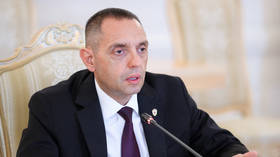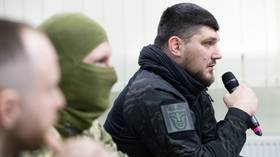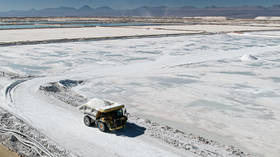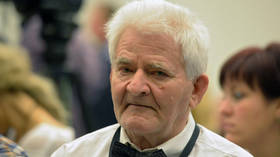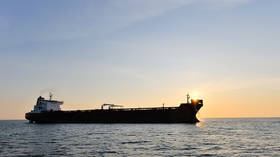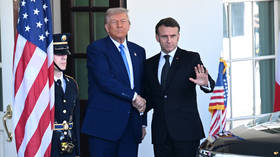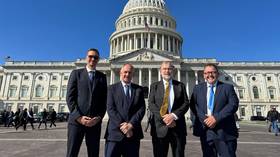US asked Hungary to invade Serbia – Vucic
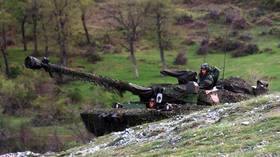
Serbian President Aleksandar Vucic revealed on Saturday that American and British leaders, including President Bill Clinton, urged Hungary to invade Serbia by land in 1999.
Prime Minister Viktor Orban, who told Vucic of the request, allegedly refused.
In a televised address, Vucic said that the US and UK wanted Hungarian forces to push south into Serbia in order to split the Yugoslav military between the front in Kosovo and a new front with Hungary.
“Clinton and the British asked [Orban] to attack Serbia from the north so that they could extend our forces from Kosovo and Metohija to Vojvodina,” he explained. Orban, who at the time was one year into his first term in office, refused, and with the help of German Chancellor Gerhard Schroeder, pushed back against the “pressure from the White House.”
Orban told Vucic of the request during a recent meeting and allowed him to speak about it publicly, the Serbian leader said.
NATO launched a bombing campaign in 1999 against the Federal Republic of Yugoslavia, which by that time was made up of just Serbia and Montenegro. In waging the air war, NATO sided with ethnic Albanian separatists, who were fighting with the Serbs for the independence of Kosovo, a province of Serbia.
Hungary had joined NATO earlier that year, but did not participate in the campaign.
According to Vucic, Orban then traveled to the UK for talks with Prime Minister Tony Blair and former PM Margaret Thatcher. Greeting him at the door of Downing Street, Thatcher told Orban “it bothers me a lot that you refused to attack Serbia, that's why more British soldiers will die,” Vucic said.
Ultimately, no British troops died during the campaign. Hostilities ceased in June 1999 with the signing of the Kumanovo Agreement, after which NATO troops moved into Kosovo, where they remain to this day. The bombing campaign marked the first time that the US-led alliance used military force without the approval of the UN Security Council, and is still regarded by much of the world as illegitimate.
